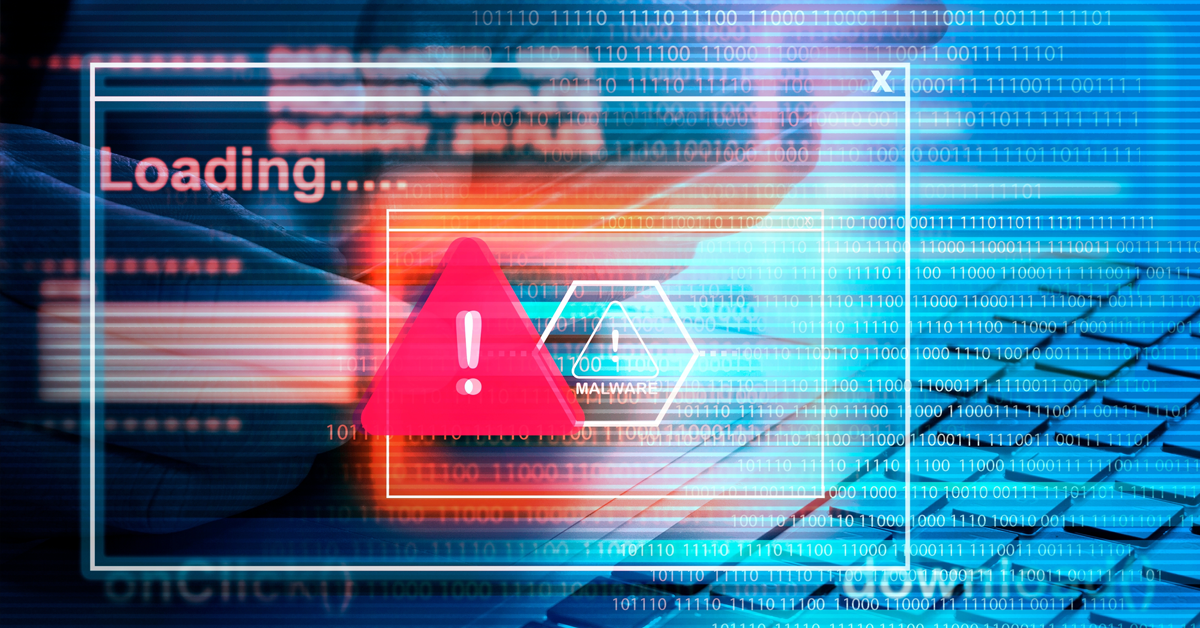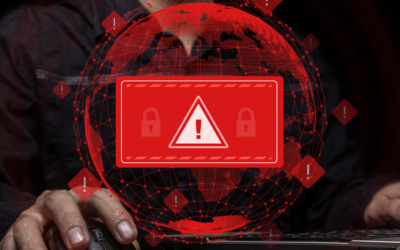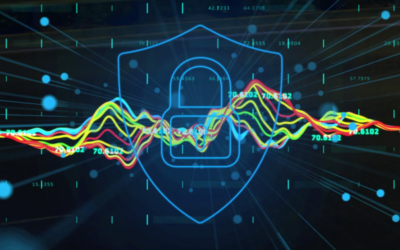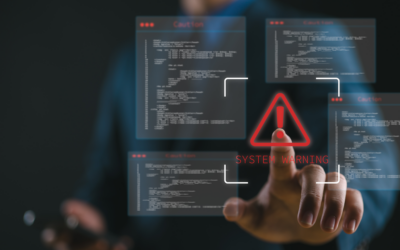KnowBe4 has just released a new report, “Cyber Attacks On Infrastructure: The New Geopolitical Weapon.” The document is designed to examine the growing threat of cyberattacks on critical infrastructure and provides insight into safeguarding against these potentially devastating attacks.
In recent years, there has been a sharp increase in cyberattacks targeting critical infrastructure worldwide, posing serious threats to national security and economic stability. Unlike typical data breaches, these attacks aim specifically at control systems to cause disruption or gather intelligence. The energy, transportation, and telecommunications sectors have emerged as primary targets. This trend is unsurprising given that these sectors, particularly in developed nations, are increasingly integrated with digital technologies, which introduces new vulnerabilities. The potential fallout from such attacks can be catastrophic, making them a potent tool for geopolitical adversaries in their digital warfare strategies.
Read More: Global Tensions Fuel Cyber Threats to Critical Infrastructure
Key Findings
- The number of vulnerable points in U.S. power grids is growing by approximately 60 per day, with the total count rising from 21,000 in 2022 to between 23,000 and 24,000 today
- Globally, the average number of weekly cyberattacks against utilities has quadrupled since 2020, with a doubling occurring in 2023 alone
- Between January 2023 and January 2024, critical infrastructure worldwide sustained over 420 million attacks – equivalent to 13 attacks per second – marking a 30% increase from 2022
On Record
In a recent quote, Stu Sjouwerman, CEO at KnowBe4, said, “The findings in our report are a wake-up call for critical infrastructure sectors. While the surge in cyberattacks on them is deeply concerning, it’s important to remember that we’re not powerless in this fight. By fostering a strong security culture that combines technology, processes, and people, we can significantly mitigate these risks. Every organization, regardless of size or sector, has a role to play in safeguarding our collective infrastructure. It’s time we view cybersecurity not as just an IT issue, but as a fundamental aspect of our operational resilience and national security.”




